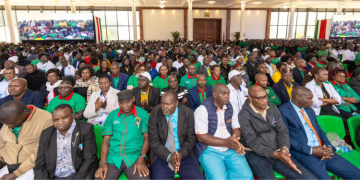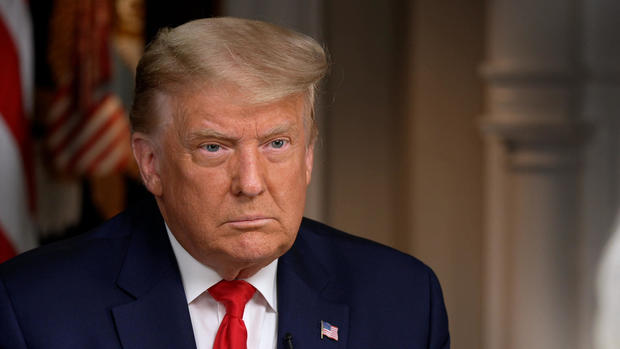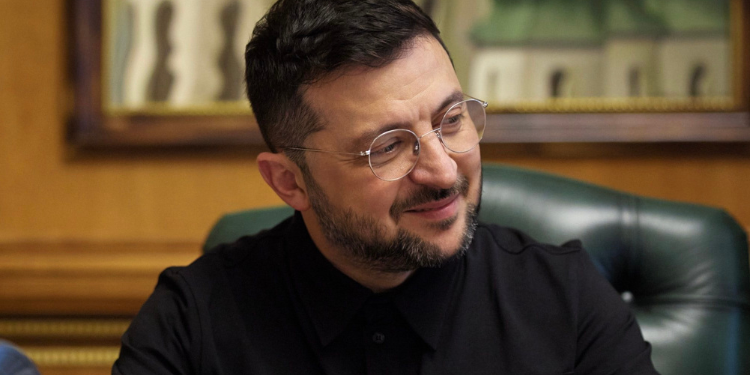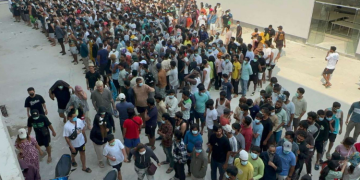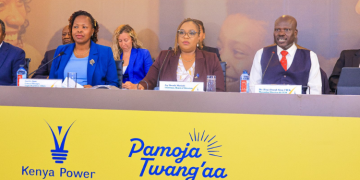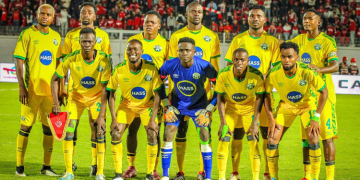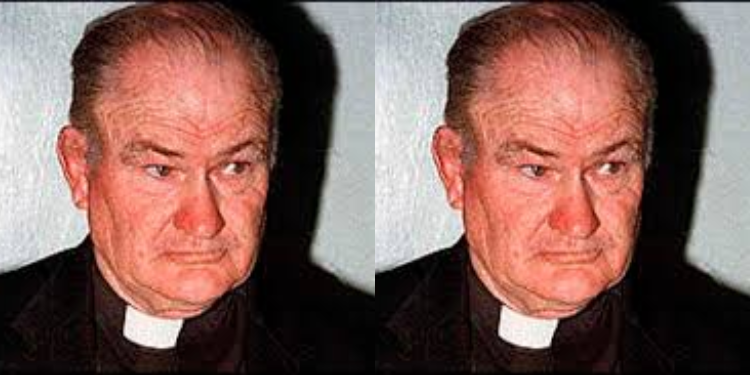On August 23, 2000, Father John Anthony Kaiser, an American Roman Catholic missionary priest, popularly known as Father Kaiser, was found dead beside his vehicle near Naivasha along the Nairobi–Nakuru Highway.
His body was recovered at Morendat Junction with a single gunshot wound to the head. A live round was also discovered in his shirt pocket.
At the time of his death, Father Kaiser was serving at the Ngong Diocese in Kilgoris as a Mill Hill Missionary.
He had lived and worked in Kenya for over 35 years, gaining recognition for his advocacy of human rights, social justice, and defense of the poor.
The Kenyan government under President Daniel arap Moi initially claimed that Father Kaiser had committed suicide.
KANU Government Alleges Father Kaiser Committed Suicide
This ignited public backlash, with church leaders, human rights organizations, and political leaders dismissing the claim and insisting that he had been murdered due to his criticism directed towards the KANU regime.
Pope John Paul II’s representative in Kenya, Giovanni Tonucci who attended Kaiser’s memorial, later declared that “those who planned his killing wanted to silence the voice of the Gospel.”
Following his death, U.S. Ambassador to Kenya at the time, Johnnie Carson announced that an FBI agent would work with Kenyan police on the case.
Also Read: Today in History: When Italian Catholic Bishop Who Served in Kenya for Over 40 Years Shot Dead
However, in 2001, both the FBI and the Kenyan government concluded that Kaiser’s death was a suicide, findings heavily criticized by church leaders and civil society groups.
Father Kaiser had been a fierce critic of the Moi regime prior to his death. He had testified before the Akiwumi Commission in 1998, implicating senior government officials, including President Moi, in orchestrating ethnic violence in the Rift Valley between 1992 and 1997.
Inquest Rules Out Suicide Theory
He also supported rape victims in a high-profile case against Julius Sunkuli, then Minister of Internal Security.
Following immense pressure from the Kenya Episcopal Conference, human rights groups, and civil society, a public inquest into Kaiser’s death was launched in 2003 under President Mwai Kibaki.
Presided over by Magistrate Maureen Odero, the inquiry heard testimonies from 111 witnesses over four years.
On August 1, 2007, the Nairobi Chief Magistrate’s Court ruled that Father Kaiser was murdered and dismissed the FBI’s suicide theory. The court stated:
- Father Kaiser died on the night of August 23–24, 2000, from a gunshot wound to the head.
- There was no evidence he suffered from any mental illness.
- The FBI’s conclusion of suicide was rejected in full.
- There was sufficient evidence of third-party involvement, though the killers could not be identified with certainty.
- His death was a result of culpable homicide.
Also Read: Today in History: When Raila Odinga and His Supporters Were Teargassed Upon His Return from the US
The court also criticized attempts to discredit Kaiser’s mental health, particularly the flawed “psychological autopsy” report, which was presented by a psychiatrist to the FBI, which wrongly influenced the suicide verdict.
Julius Sunkuli was cleared of involvement in the murder of Father John Anthony Kaiser during the inquest. The Court stated that Sunkuli had an “airtight alibi” as he was in Mombasa on official duties at the time of Kaiser’s death, not in Nairobi, Naivasha, or Nakuru, where the body was found.
Although the inquest concluded that Father Kaiser was assassinated, no one has ever been charged with his murder.
Follow our WhatsApp Channel and X Account for real-time news updates


